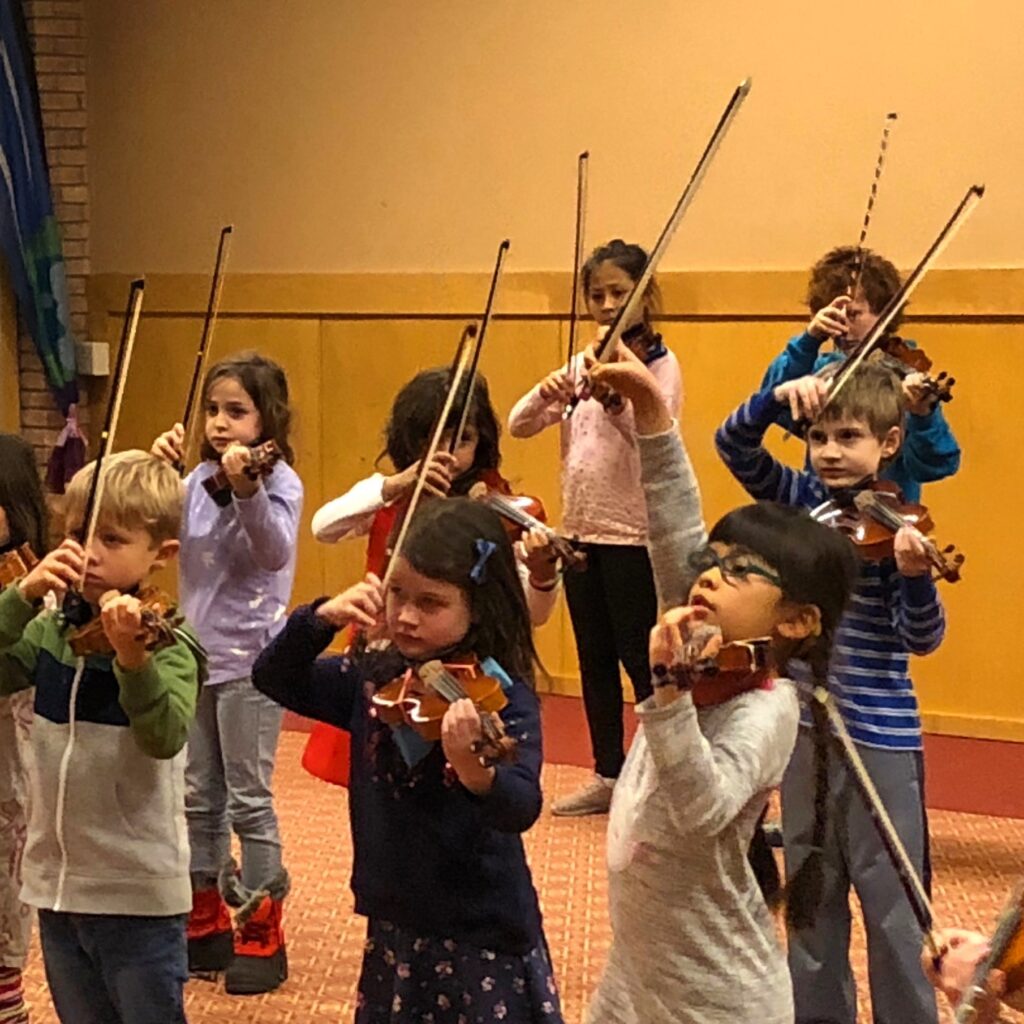Dear Parents,
Today’s letter to you is either a refresher to the basic elements of Suzuki education or a nice introduction into the Suzuki philosophy.
The Suzuki Method is also referred to as the “mother tongue” method or Talent Education Philosophy. Let us dive into exploring ten elements that will help you and your student grow together in this musical journey.
~1 Begin Early
With quality fractionally sized instruments and a delightful repertoire of engaging folk songs students can begin their instrumental study as young as 3 or 4. At SSM we provide a weekly group class which focuses first on ear training and physical movement and continues to group violin, technique, games and exercise.
~2 Learn by Memory
This is where the Suzuki method gets its nickname the “mother tongue method” , where learning to speak precedes learning to read. Students develop strong aural skills by listening to their reference recordings and hearing their teachers and peers play. That way we all can play the shared repertoire together effortlessly!
~3 Creative Repetition
Limiting learning to smaller sections allows for unique manipulation of repetitions for better mastery. Mastery equals 10,000 times:)
~4 Review
Maintaining an active repertoire of all pieces learned allows for refining technical and musical skills on pieces that are old friends, which then accelerates learning the much desired new material . And it’s fun to be able to play the shared repertoire fluently with your Suzuki pals.
~5 Listening
Using Suzuki reference recordings, you tube channels , and other professional recordings of music your student is studying supports their development. Listening can be active or passive . It can occur anywhere, be it in the car driving together or sitting with the musical score following along . I cannot reinforce enough how important it is to develop a regular listening routine to your suzuki repertoire. Take time to explore other beautiful music too. Join us this year on our musical field trips to hear live music in the community !
~6 Parental or supportive adult involvement
Having someone attend lessons and take notes to assist with the home practice is key to the success of your student. In the early stages the adult is responsible for helping with the actual practice, setting up the listening and being the encouraging home practice partner. You are so important . It’s really ok not to have a musical background as you are learning right alongside your student.
~7. Encouragement
Your ability to help make home practice sessions happy ones , encouraging repetitions, and offering support as the learning of the violin unfolds , is essential . You are the cheerleader here, just saying stickers and chocolate chips help.
~8 Step-by step mastery
The genius behind the Suzuki method is to break down learning into mastery of small segments . This building on success helps the learning be solid. Moving with intention to avoid frustration is attained by this process. You will witness swift progress if these little steps are well prepared.
~9 Reading
Musical notation is introduced as the student becomes comfortable with their instrument and their ear training is developing well. Musical literacy is an important part of our students’ development at all stages at SSM.
~10 Every Child Can
Suzuki Strings of Madison believes that every child can flourish musically using the philosophy of Shinichi Suzuki. We believe that every child can learn to play an instrument with loving encouragement, a rich musical environment, and respectful cooperation between parent, teacher and student.


